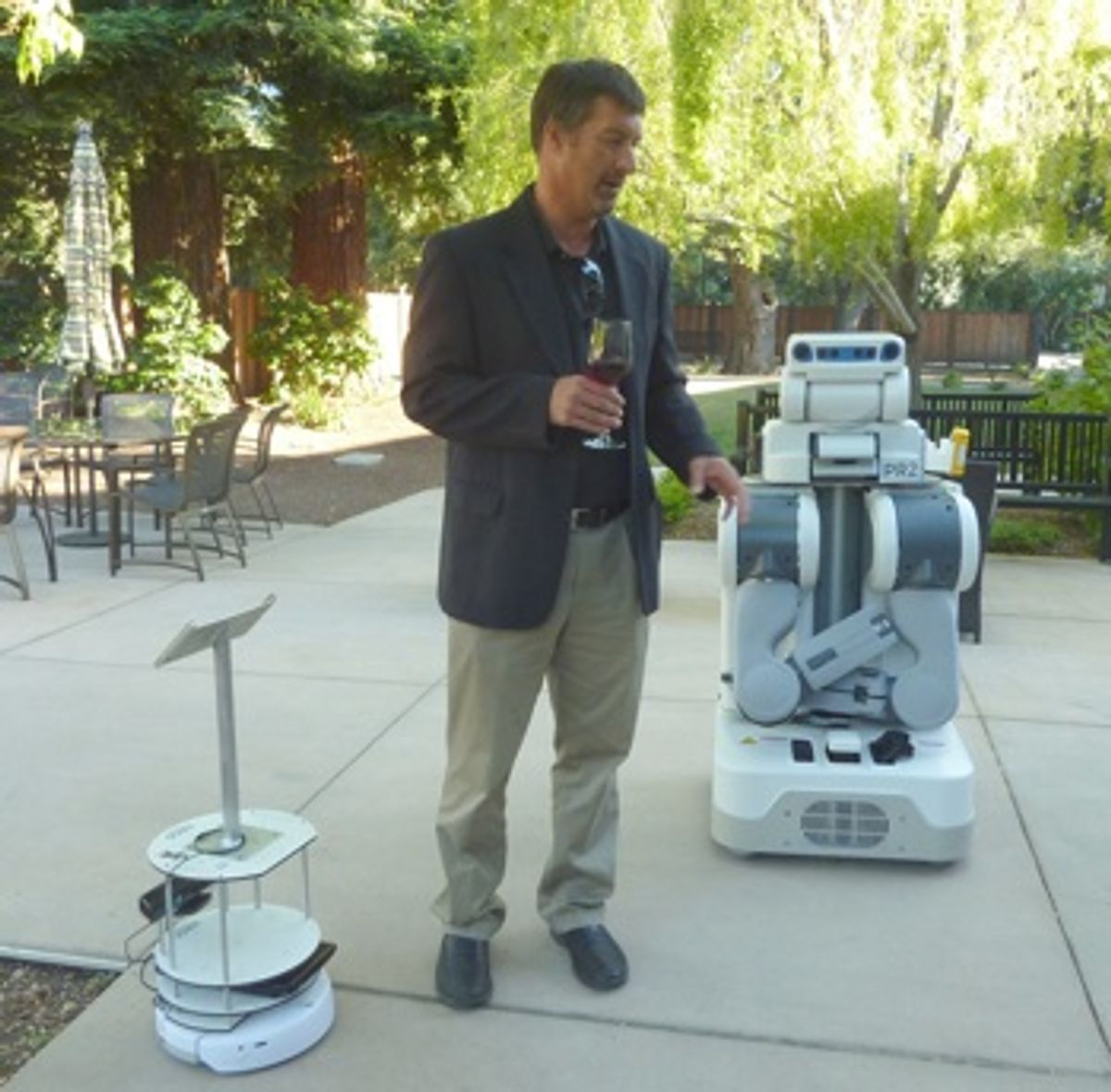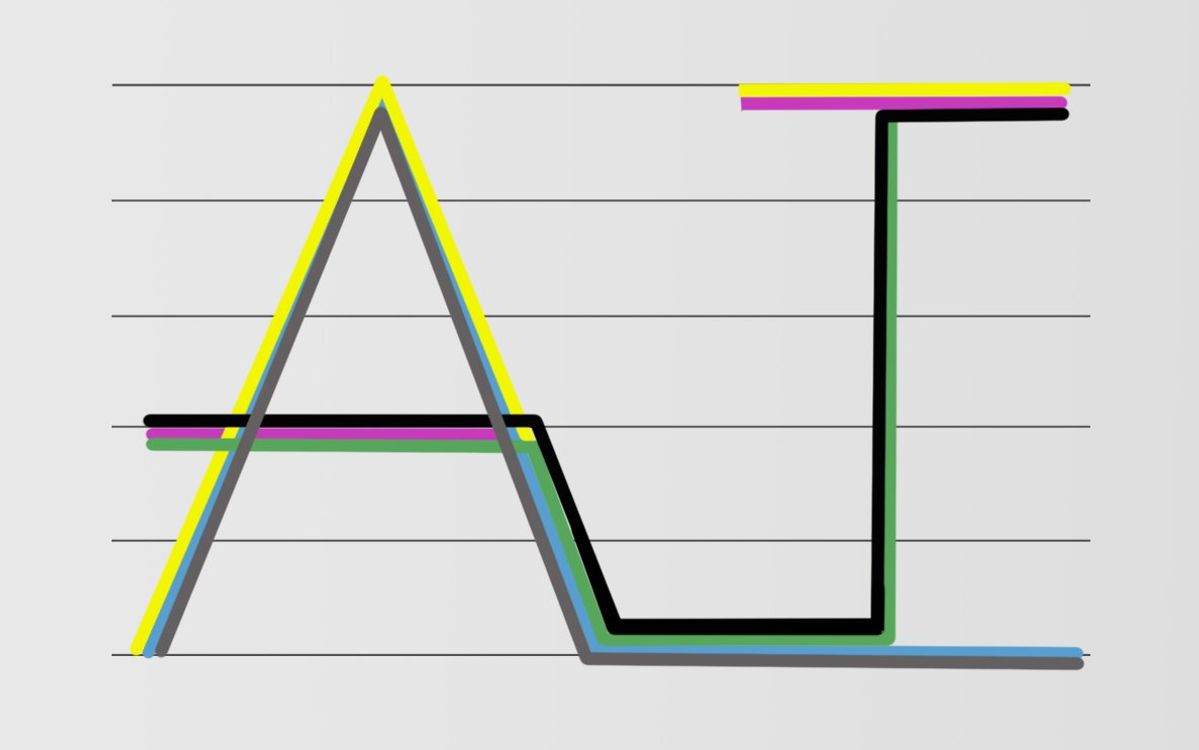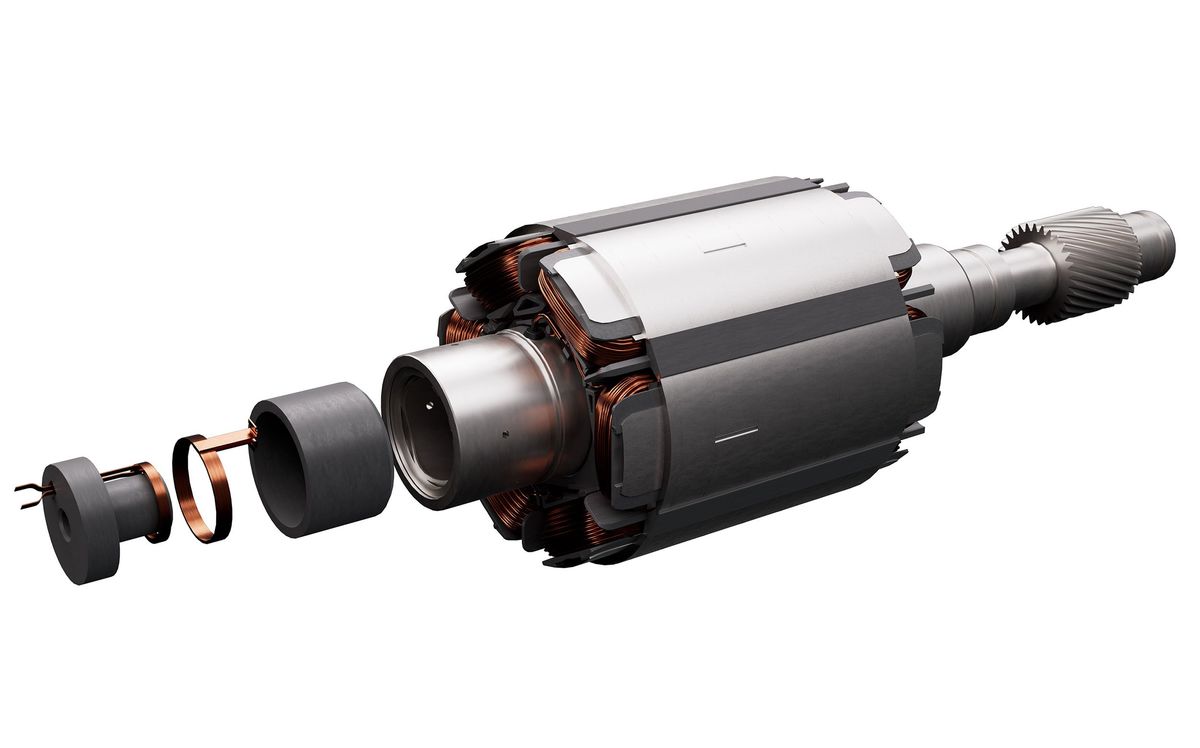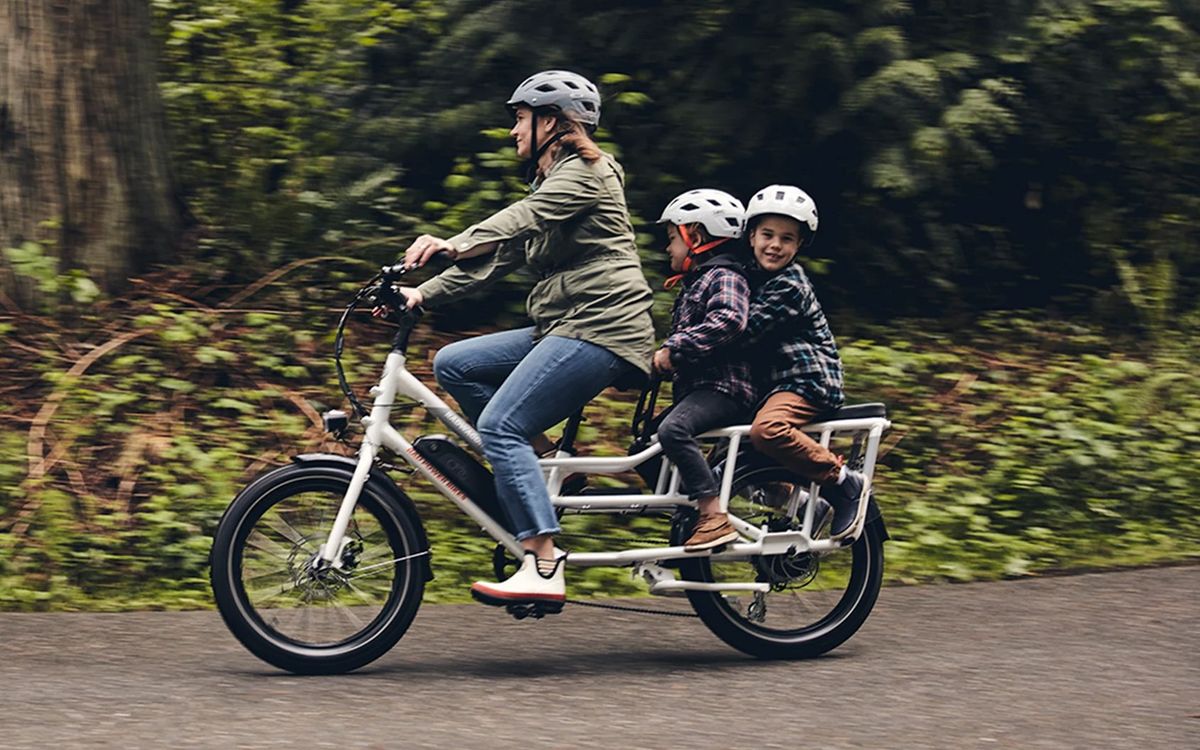But suddenly, the folks at Willow Garage are talking a lot more like business people instead of research scientists. I wouldn't say they've put aside their research hats entirely, but they're certainly thinking about commercialization a lot more than they were last summer.
"A year ago we weren't sure if we would sell PR2s or not," said CEO Steve Cousins, standing next to a PR2 in the company’s tree-filled courtyard earlier this week [photo, above]. Cousins was hosting a dinner for journalists; the robots, by the way, did not cook, though they are capable of preparing a few dishes, like a sausage breakfast and cookies. The PR2 was the company's first robot, a $400,000 platform for robotics research. Since then, the company sold 25 PR2s; it also introduced a $1300 robot kit, the Turtlebot, that uses an iRobot base and a Kinect 3D sensor [shown below with Brian Gerkey, director of open source development].
And now, says Cousins, Willow Garage is putting some serious thought into figuring out just where the market for personal robots will be in the next few years.
The company doesn't expect to sell PR2s in great quantity; Cousins likened the PR2 to the Alto, developed at Xerox PARC in the 1970s. The Alto never became a commercial product, but seeded what became the personal computer industry. And, after an initial batch of orders is filled, Willow Garage will get out of the Turtlebot manufacturing business, letting other companies offer products that follow Willow Garage's design.
Just a month or two ago, Willow Garage spun out a company called Suitable Technologies, intended to bring the Texai, or some version of it, to market. Willow Garage founder Scott Hassan is heading up the new company, which is busily hiring engineers, and, according to its website, will have its first products on the market in early 2012. And Suitable may not be the only Willow Garage spinout, Cousins hinted; instead, the company will likely seed other new businesses.
Suitable Technologies is coming a bit late to the telepresence party, but the company thinks Texai's large screen and other features will give it an edge. A number of other companies have started selling personal robots. Anybots, also in Silicon Valley, offers its QB system. Vgo Communications, near Boston, has the Vgo robot. And iRobot has been showing off a prototype called AVA. Willow Garage sees this competition not as worrisome, but rather as a sign that its efforts to accelerate the development of a personal robotics industry are working.
Cousins said that when Willow Garage started four years ago, he predicted that the point at which the growth rate of personal robotics would dramatically swing upwards, becoming exponential instead of incremental, was 10 to 15 years in the future. Now, he says, "we've been at this for four years, and we are now five to six years out. So I think we've made a difference."
Photos: Tekla Perry
Tekla S. Perry is a senior editor at IEEE Spectrum. Based in Palo Alto, Calif., she's been covering the people, companies, and technology that make Silicon Valley a special place for more than 40 years. An IEEE member, she holds a bachelor's degree in journalism from Michigan State University.





